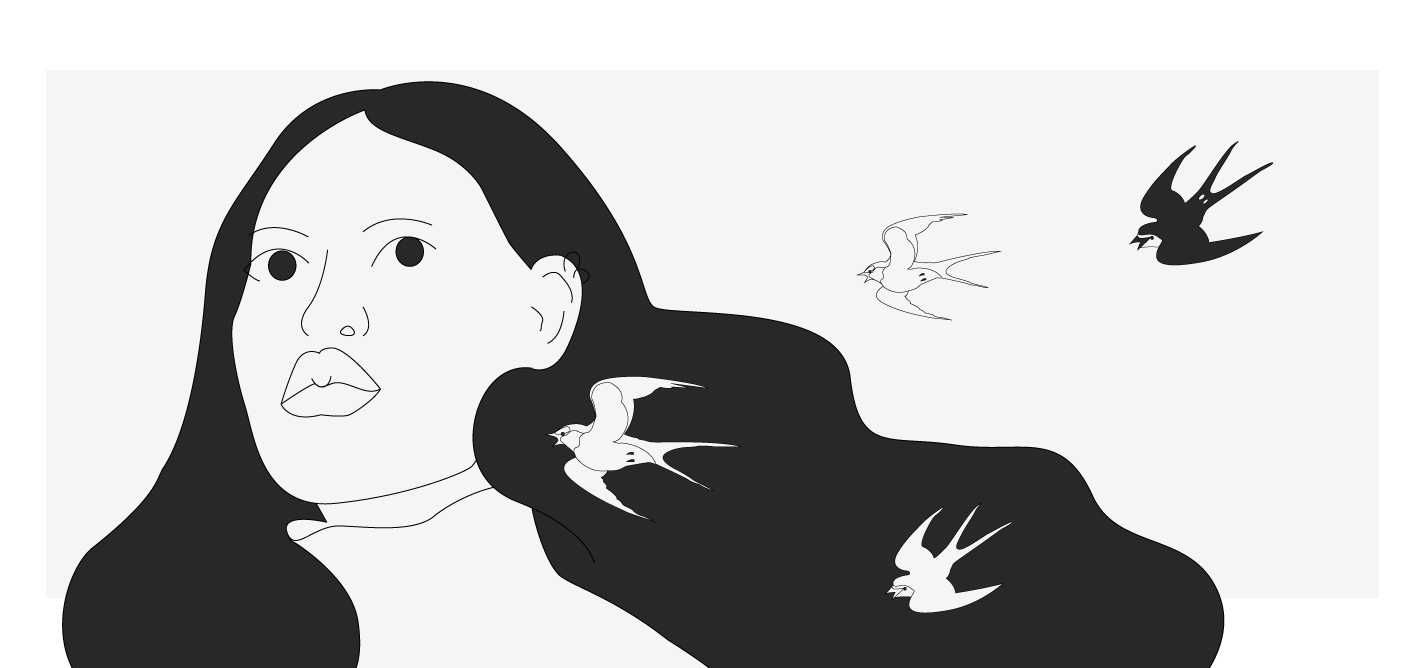
Just like a swallow
In Albania there are two things that never change from the South to the North – swallows and the pain of migration.
As he told us about the development of tourism in Albania, and how his life is tied to it, Gjergj said something that I have been seeking for a long time, “Migration is Albanians’ disease.”
When we parted, I thought that the only sad thing about this place is that which is no longer there — the youth.
This story was originally written in Albanian.
